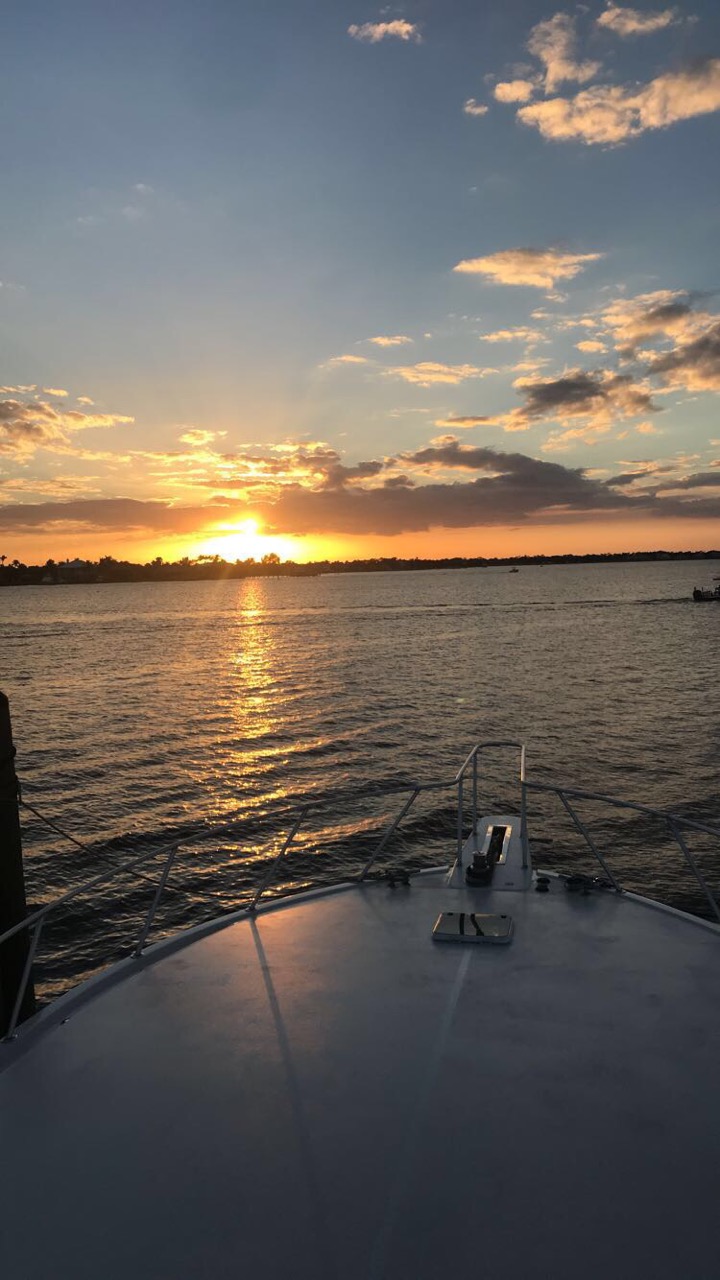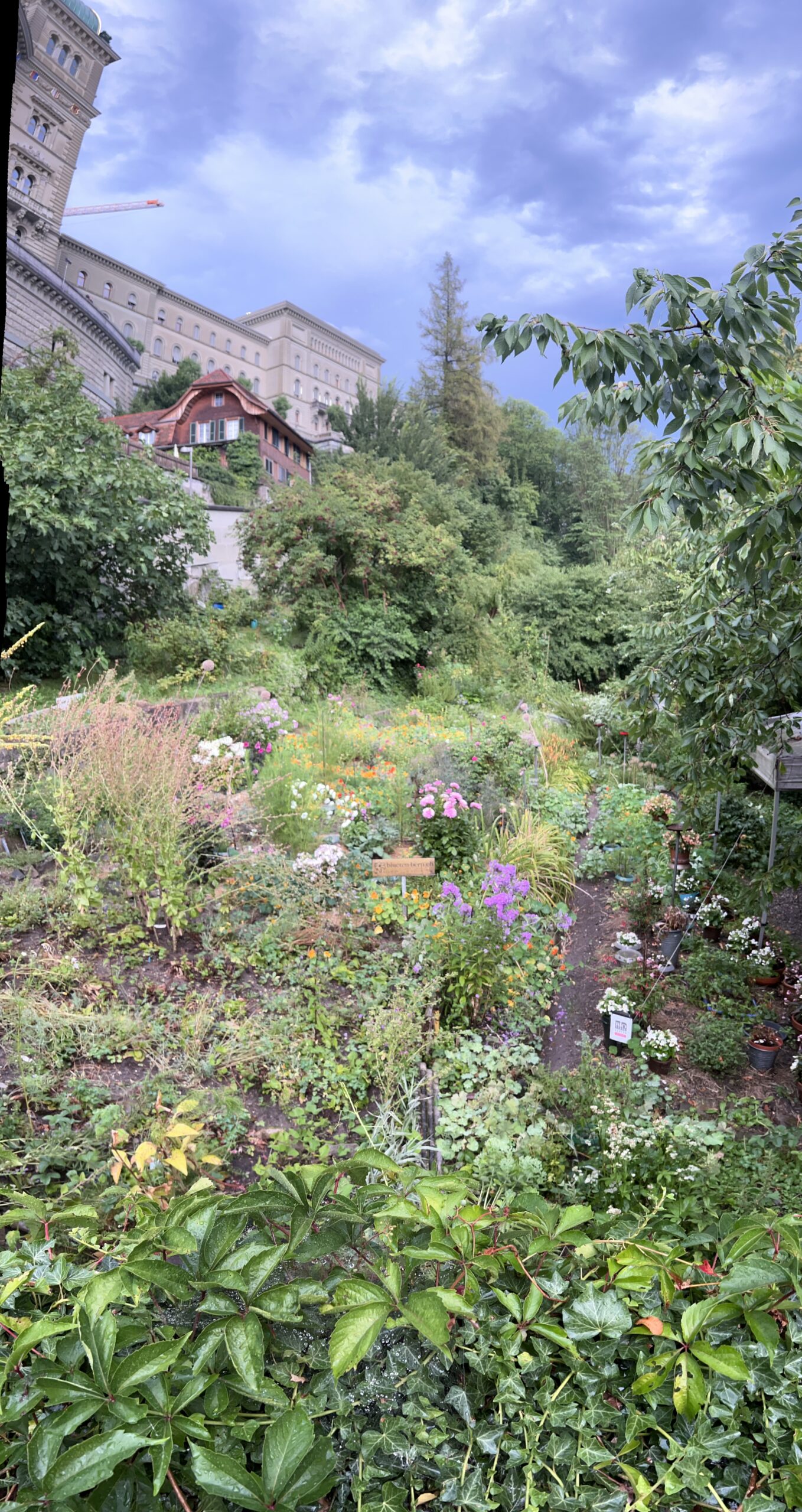
DISCLAIMER: THIS IS NOT MEDICAL ADVICE. I AM NOT A PHYSICIAN.
Daylight Savings Time is officially over. Boo, hiss. Somehow it feels like we lose three hours instead of one. As a native of the tropics, I often find myself “sunlight dependent.” The happiest day of the year is when we spring forward. That first day is rough for everyone with the shorter night, but oh how glorious it is to have daylight end after dinner. The photo below is from Bern, Switzerland on a July night at 8:31pm. Wildflowers and lots of sunlight. Heaven.

When this time of year arrives and the clocks roll back, my tendency to become a snail at 5pm rears its ugly head. Seasonal Affective Disorder (SAD) is typically characterized by low energy, struggles with concentration, and temptations to overeat and oversleep. If you live with polycystic ovaries, these issues are further exacerbated.
I lack the vast affinity for autumn that people seem to enjoy. I don’t look good in orange. Pumpkin spice lattes from any commercial giant will not be going in my body with all of their chemicals and zero benefits of actual pumpkin. This simply is not my season. So, I have devised a plan. These are the simple strategies I’ll be using to combat the season change as we move closer to winter.
Exposing Myself to Sunlight: I will be outside every day (not this week, thank you Tropical Storm Nicole) that I possibly can be. Even if it means sitting on the front steps, balcony, patio, or whatever outdoor space is available while starting the morning. The fresh air, sunlight, and coffee combination moves my brain in the right direction. Exposing your eyes to sunlight helps stabilize the circadian rhythm and aids the body in producing melatonin and serotonin, which will lead to a better night sleep when the appropriate time comes. For my fellow science lovers, “The synthesis and release of melatonin from the pineal gland is heavily influenced by light stimulation of the retina, particularly through the intrinsically photosensitive retinal ganglion cells. Melatonin is also synthesised within the eye, although to a much lesser extent than in the pineal gland.” (https://pubmed.ncbi.nlm.nih.gov/30074278/)
I also use this light for 15 minutes first thing in the morning to help my brain balance its circadian rhythm and get a little feel-good boost. It’s super compact and fits nicely on my desk. I also like its orb shape. This 10,000 lux, full spectrum model has been serving me well seasonally since 2021. (As an Amazon affiliate, I may make a small commission if you purchase through this link.)
Taking walks. Everyone knows exercise is good for you. We’ve all been exposed to the 10,000 daily steps mantra. But when this darker (literally) season is in residence, the release of stress and extra oxygenation of the body is key. In addition to stretching out your body and lifting your mood, walking has been shown to be protective to the brain. “Walking five miles per week was shown to improve the brain’s resistance to Alzheimer’s disease and mild cognitive impairment and reduce memory loss over time.”
(https://www.mdedge.com/neurology/article/72791/alzheimers-cognition/walking-slows-progression-alzheimers-disease)
Walking can also be a gentle way to start your day. Grab a warm lemon water, tea, or coffee, and take it on your stroll. As Marcus Aurelius said, “At dawn, when you have trouble getting out of bed, tell yourself: “I have to go to work — as a human being. What do I have to complain of, if I’m going to do what I was born for — the things I was brought into the world to do? Or is this what I was created for? To huddle under the blankets and stay warm?”
Increased social engagement: This can be virtual with friends far away, at your favorite small teahouse, or hosted in your home. So many people have ‘rona fatigue and the shorter days certainly won’t help if left unattended. My plan is to bring a tea with monkfruit and meet friends for walks or just to sit outside and enjoy nature. Just don’t fall into the trap of high calorie beverages, late nights with alcohol, or budget-busting activities while you pursue this one.
SAMe. Again, this is not medical advice. I am not a physician. Do NOT take supplements without speaking to your doctor. There are interactions that have been recorded between this and other medications/supplements. If you have either version of bipolar disorder, do NOT take SAMe without a physician because you may have to balance with gaba to prevent mania cycles. I have found over the years that SAMe helps take the edge off the seasonal shift for me. S-adenosyl-L-methionine (SAMe) is a compound found naturally in the body. SAMe helps produce and regulate hormones and maintain cell membranes. (https://www.mayoclinic.org/drugs-supplements-same/art-20364924) I take it orally at lunch and it helps me stay a little more productive after the sun trades places with the moon.
To those of you decorating and celebrating, I am so happy you are excited about this season. I feel the same way when summer arrives. But if everyone enjoyed the same things, we would be one boring society at large. To those of you who love it, happy fall y’all! To my fellow sun lovers, we are 125 days until the clocks move in our favor.
Check out our Winter Blues FAQ for more information!
Leave a Reply